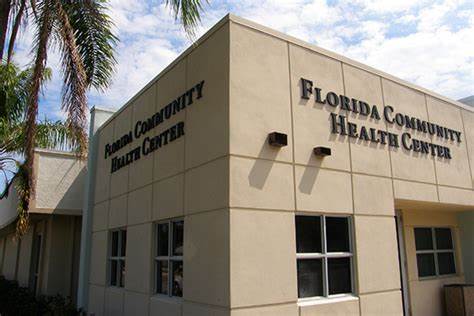As a cat owner, you’re accustomed to the inquisitive nature of your feline friend, especially when it comes to food. Nuts and seeds might seem like tempting treats to share, but before you do, it’s crucial to understand the potential risks and benefits. In this article, we delve into the question: Can cats eat nuts and seeds?
Understanding a Cat’s Dietary Needs
Before diving into specifics, it’s essential to recognize that cats have distinct dietary requirements. They are obligate carnivores, which means their bodies are optimized to thrive on a diet primarily composed of animal-based proteins. While cats can occasionally ingest plant matter, not all nuts and seeds are safe or suitable for them.
The Safe Choices Nuts and Seeds for Cats
Certain nuts and seeds can be considered relatively safe for cats when offered in moderation. Here are a few options:
- Pumpkin Seeds: These seeds contain nutrients that could benefit cats. Offering a small amount of unsalted, roasted pumpkin seeds can be a healthy treat.
- Sunflower Seeds: Plain, unsalted sunflower seeds might be enjoyed by some cats. However, keep in mind that not all cats will be interested in them.
Hazards and No-No’s Nuts and Seeds to Avoid
Several nuts and seeds are potentially harmful to cats and should be avoided:
- Macadamia Nuts: These nuts can lead to symptoms like weakness, vomiting, and tremors in cats.
- Walnuts: The toxin juglone found in walnuts can be harmful to cats and might cause digestive upset.
- Almonds: Almonds can be difficult for cats to digest and might cause stomach issues.
Potential Dangers and Considerations
Nuts and seeds, even those deemed safe, should be considered as occasional treats rather than regular additions to a cat’s diet. Additionally, always make sure that any seeds offered are plain, unsalted, and free from additives that could be harmful to cats.
Consulting a Veterinarian
If you’re contemplating introducing nuts or seeds to your cat’s diet, it’s recommended to consult your veterinarian. They can provide tailored advice based on your cat’s specific health needs and dietary requirements.
Can Cats Eat Nuts and Seeds In Summary
While some nuts and seeds might offer nutritional benefits for cats, it’s vital to approach them with caution. The dietary needs of cats are primarily centered around animal-based proteins, and plant-based treats should be limited. When in doubt, prioritize your cat’s overall well-being by sticking to cat-appropriate treats and consulting your veterinarian for professional guidance.












